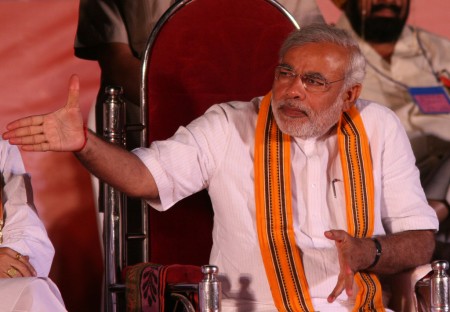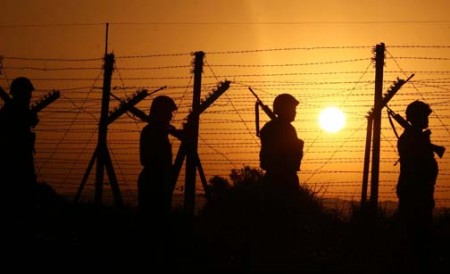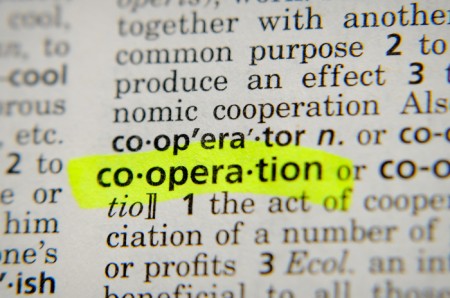
This article was originally published by the EastAsiaForum on 22 August, 2014.
Narendra Modi’s two-day visit to Kathmandu in early August, the first visit to Nepal by an Indian premier in 17 years, was his third trip abroad since his inauguration on 26 May. In mid-June, only weeks after taking charge in New Delhi, he had made his first official foreign excursion — a two-day visit to nearby Bhutan. These upfront state visits to the two Himalayan countries were a clear indication that Modi was determined to put flesh on his campaign pledge to give priority in his foreign policy to bolstering relations with India’s South Asian neighbours.




